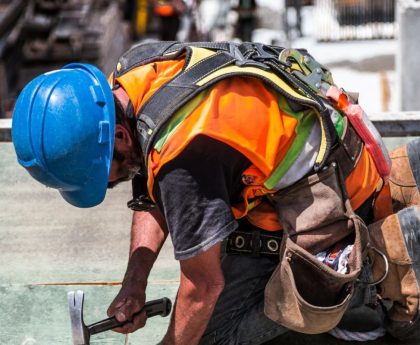Many waste management services now prioritize education, empowering individuals with the knowledge to make eco-conscious choices that ripple through society. In conclusion, the landscape of waste management is undergoing a paradigm shift towards sustainability. Recycling and composting programs, waste-to-energy facilities, smart waste management systems, and community engagement efforts are revolutionizing how we approach waste. These services collectively contribute to conserving resources, reducing pollution, and mitigating climate change. By adopting these practices, individuals, businesses, and governments demonstrate their commitment to a greener future and underscore that sustainability is not just a concept but a tangible action.” “In an age where environmental concerns have reached a critical juncture, the imperative for eco-conscious cleanup and advanced waste management practices has never been more pronounced. With burgeoning populations and increased industrialization, the world is grappling with an escalating waste crisis.
However, amidst the challenges lie promising solutions that harness technological innovation and a growing societal awareness of sustainability. Traditional waste management systems have long relied on disposal methods such as landfilling and incineration. Yet, these methods come at a steep cost to the environment, contributing to air and water pollution, greenhouse gas emissions, and soil contamination. The urgent need to transition towards more sustainable practices has given rise to a paradigm shift in waste management – one that is deeply rooted in eco-consciousness. At the forefront of this shift are recycling and upcycling initiatives. These approaches divert waste from landfills and minimize the extraction of new raw materials. The proliferation of single-use plastics and other non-biodegradable materials has led to a heightened emphasis on recycling, encouraging communities and industries to adopt circular models.
Innovative technologies are being developed to streamline sorting processes, making recycling more efficient and Toledo garbage pickup service accessible. Moreover, waste-to-energy technologies are gaining traction as a viable alternative to conventional incineration. Advanced methods such as anaerobic digestion and pyrolysis not only generate energy but also reduce the overall volume of waste and its environmental impact. These technologies align with the ethos of a circular economy by extracting value from waste streams that would otherwise be discarded. Eco-conscious cleanup extends beyond mere waste disposal. Initiatives like beach cleanups, river restorations, and urban green space maintenance play a pivotal role in preserving ecosystems and raising awareness about the consequences of unchecked waste production. Community involvement and education are essential components of these efforts, fostering a sense of responsibility for the environment and empowering individuals to make sustainable choices.
Horton Hauls Junk Toledo
5333 Secor Rd Suite 20 , Toledo, Ohio, 43623
419-299-4210





